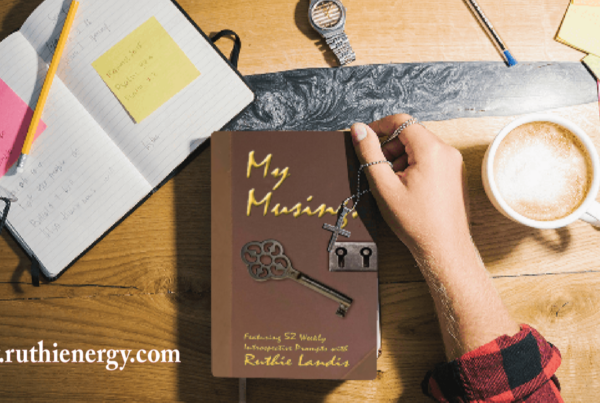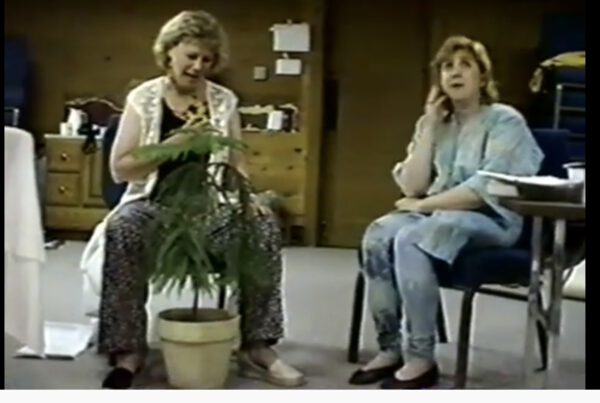Unless we are operating in an obvious business setting, we so often forget the benefits of open and explicit agreements. Instead, we can begin collaborations, projects, teams or relationships (roommates, friendships, or romantic liasons) by settling with a good vibe and making assumptions that the other folks are completely onboard and are seeing things exactly the way we see them. Often, we just dive in without setting clear expectations. I wonder why we feel so very uncomfortable with this process. What a great thing this would be to teach children.
At the beginning of any workshop that I facilitate, I offer up explicit rules of engagement, and ask that we all agree upon them before beginning our time together. If these are ongoing meetings, we read them aloud at each meeting. This agreement is sacred. I know, from experience, that we cannot create an intentional and productive container unless we bring potential obstacles out into the open. This is how we make people feel safe and begin a process of consensus building and real trust. If anyone has resistance to any of these agreements, I offer time to address them. Maybe we even choose to refine or modify them. This time of questioning the agreements may be more beneficial than anything I can teach. If anyone does not feel they can adhere to these humane rules that offer respect and safety to each other, they usually end up leaving, which is for the highest good of all concerned. Everyone is better off, because we are not all compatible in our viewpoints.

One of the great gifts that the Enneagram offers is that it drives home how we each see things and experience things differently. It shows us that we cannot rely on implicit understanding. We cannot just imagine that someone else will act or behave as we do. That is why having courageous conversations about things that we might normally just take for granted is so important. If we get lazy about making things explicit to each other, resentment may build up, and it most certainly will show up as an issue later on, once the rosy warm feeling of initial connection has subsided.
We can see how many life situations this applies to. Let’s start with dating. Why are we afraid to communicate clearly our expectations from the start? Why not share who we are, how we see things and what we are really looking for? Of course, we may find that this pushes some potential partners away, but isn’t it better to see things up front and then decide if we are flexible enough to bend and learn and grow together?
This is true in budding friendships, as well. We may decide to move forward with the friendship anyway, but at least if we have had explicit conversations, we have a sense of what that person has to offer us, and what we have to offer them, what their style of being is, and we can then be balanced and realistic in our expectations as time goes on. Instead, we end up trying to change the other person to fit our implied, but not explicit desires. Or we are just plain disappointed. I ask my clients, “What does this person really have in their cupboard to give?” They may have canned goods in their emotional pantry, when you want fresh fruit. It would be silly to expect to find shoes at a fresh produce market. Yet we do that in our relationships.
When I perform a wedding ceremony for a couple, I invite them first to create their own vows and to give those promises a lot of thought. I also invite a couple to honestly look at their expectations, and to be truthful about them. I married very young, and did not have a clue about any of this, and my husband and I have had to negotiate and renegotiate many times over the years. That’s why I invite couples to revisit their vows monthly, and then yearly on their anniversaries. Are they living up to their promises? Would they like to rethink what they agreed to do and be for each other initially, and rewrite or make new vows?
When I think back to times that I jumped in hastily to a collaboration of some sort and it fell apart later, I become aware of a certain desperation, neediness or scarcity that I was living from. I chose to look the other way and not be brave enough to speak clearly and explicitly about what I was expecting and invite them to do the same. I know that when these alliances collapsed, I felt very sad and let down. And I had to remember that I held the responsibility of not being clear, or expecting too much unrealistically. I was not a victim. Things can still fall apart anyway, but at least I know we both did the very best we could. And perhaps, if we had had frequent meetings to touch base about changing our expectations, the engagement would have ended in a kinder, less fault-finding way. And maybe, we would have gone our separate ways sooner, with good feelings and genuine positive wishes for each other.







